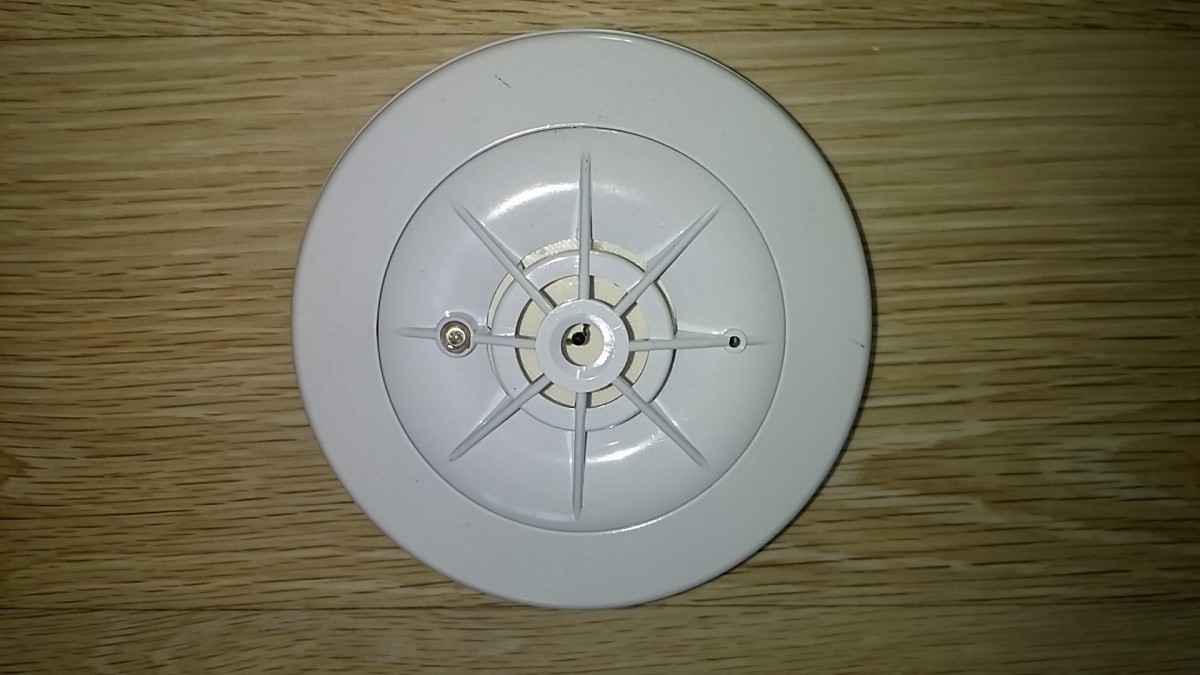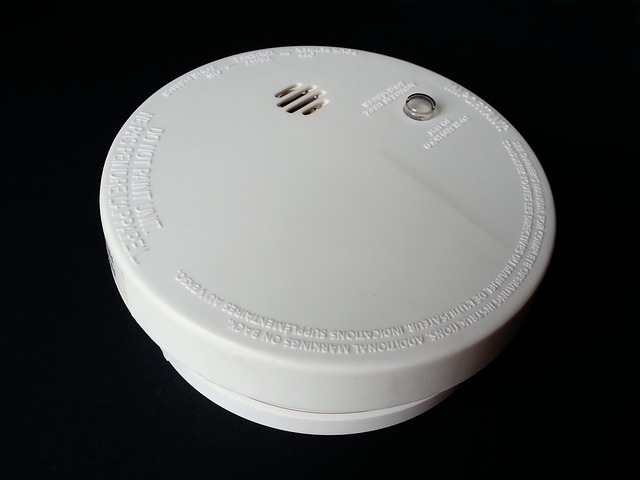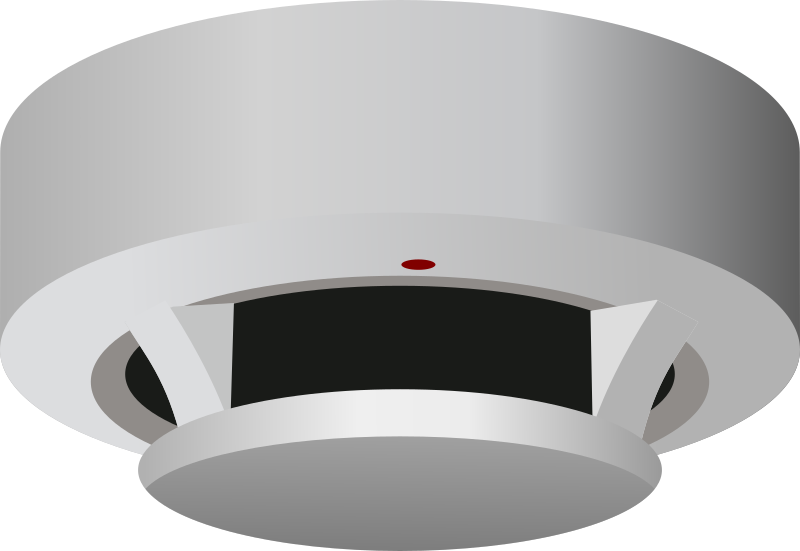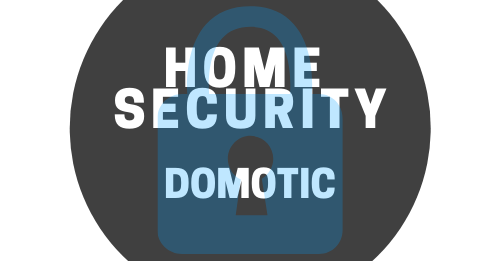10 Things to Know About Smoke Detectors

10-things-to-know-about-smoke-detectors
One day you will have to install a smoke detector in your home, and you are wondering: is it really reliable? Which model should you choose? Should I hire a professional to install it? How many do I need? Here are 10 things you should know before buying a smoke detector.
Detectors detect vapour in the air
Smoke detectors can go off unexpectedly.
For example:
– When someone is smoking nearby.
– In a kitchen where water is boiling.
– In a poorly ventilated bathroom.
Good to know: to cover the kitchen without the risk of triggering the alarm at the slightest cooking, place your detector on the ceiling about 50 cm from the entrance.
No need to place detectors in every room
A detector installed on the wall or ceiling on each floor of your home is sufficient.
You may want to place detectors in:
– bedrooms (for a quick wake-up call);
– the staircase (to reach more people at once when the alarm rings)
– offices with electronic components that can catch fire.
Of course, smoking rooms should be avoided.
Good to know: if you install smoke detectors in your home, don’t forget to inform your insurance company.
The detector is coupled with an alarm

When one detector is activated in a network, the others are also triggered. All smoke detectors are connected to an alarm that sounds in case of an alert.
There are
– individual detectors (in a house or an apartment);
– network detectors (in a house);
– inter connectable detectors (in a building).
Good to know: to protect a dusty and humid place from a fire without the risk of the alarm being triggered, you can install “heat detectors” instead. They are activated above a temperature of 50°C.
All homes must have a detector
It is good to note that the law stipulates that all residential premises must include autonomous smoke detectors. That is to say:
– Each dwelling must have at least 1 detector installed.
– This detector must comply with the National Electrical Code (USA): NEC, or NFPA 70.
– This detector must integrate the indelible notion of the manufacturer and its references.
– This detector must also emit a sound level of at least 85 dB(A) at 3 meters.
Good to know: 70% of fires result in death. This law is mainly aimed at reducing this mortality rate.
The detectors do not work in case of a gas leak
Smoke detectors only work when smoke is present. However, the most critical cases of accidents remain gas accidents.
– The gas in gas stoves has a recognizable smell.
– Carbon monoxide from a heater is odourless and colourless.
You should install a special gas alarm to prevent gas leaks.
Good to know: in case of intoxication, place the victim on his side to allow him to breathe better while waiting for help to arrive.
The detectors communicate with each other

Except for autonomous detectors, smoke detectors can communicate with each other and with other machines.
They can send messages:
– to other detectors on the network to get them going;
– to the owner of the dwelling;
– to a monitoring service;
Good to know: the detectors cannot contact the police directly in case of fire. Their number is deactivated to avoid false alarms.
Ion detectors are prohibited in private homes
Harmful to health, ionic smoke detectors are now banned.
The principle of these detectors was to ionize the air with a weak radioactive charge. These detectors have been working since the early 2000s and, until they were banned, they were considered very reliable.
The detector works with or without wires
Whether battery or corded, one thing is sure: all smoke detectors remain functional no matter what happens.
In a battery-operated device, an alarm sounds when the battery is empty.
In a wired device, a backup battery takes over if the power goes out.
Good to know: if you choose a battery-operated device, prefer lithium batteries which last about 10 years.
The National Electrical Code is still mandatory
The official National Electrical Code (USA): NEC or NFPA 70 is required to install a smoke detector.
It guarantees:
– reliability;
– the resistance;
– the durability of the product.
Good to know: it is up to the owner to install a detector in a rented dwelling.
The additional VdS certification ensures that an independent body assesses the manufacturing plant.
The detector is easy to install
You can install your smoke detector yourself. To do this, you will need a drill, a 5 cm drill bit, a screwdriver, and a stepladder (to access the top of the wall or ceiling).
You have just purchased a smoke detector; open the box and read the material.
– Determine the ideal installation position for the detector.
– Place the mounting kit on the location.
– Mark the locations of the mounting screws with a pencil.
– Drill holes in these locations.
– Place the detector and screw the screws securely to the bracket.
– Insert the batteries into the detector.
– Attach the detector to the bracket according to the instructions in the manual.
– Test your detector.
Good to know: a smoke detector costs between $10 and $60, depending on the model.
